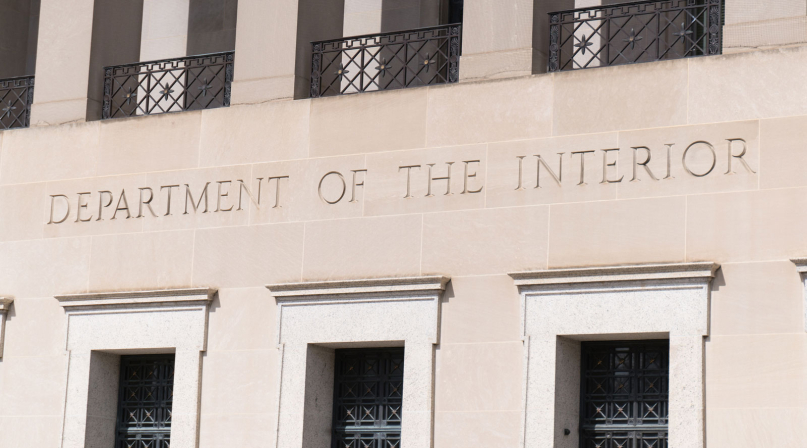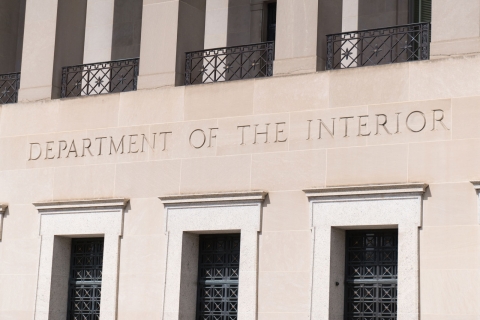U.S. Senate Confirms David Bernhardt as Secretary of the U.S. Department of the Interior
Upcoming Events
Related News

Key Takeaways
On April 11, the U.S. Senate voted 56-41 to confirm David Bernhardt as Secretary of the U.S. Department of the Interior (DOI). Prior to his confirmation, Sec. Bernhardt served as Deputy Secretary of the Interior under Secretary Ryan Zinke, becoming Acting Secretary in January 2019 after Sec. Zinke resigned. Secretary Bernhardt also served at DOI during the George W. Bush Administration from 2000-2009, including as the department’s solicitor.
As Secretary, Bernhardt will play a leading role in overseeing the roughly 500 million acres of public land under DOI’s jurisdiction. Nearly 62% of America’s counties contain federal public lands, and we rely on a strong partnership with federal land managers to ensure that our public lands counties remain strong, stable and economically vibrant.
Counties look forward to working with Secretary Bernhardt and DOI to address the priorities of America’s public lands counties and ensure that counties have a seat at the table throughout DOI’s decision making process.

Attachments
Related News

USDA streamlines foreign-owned agricultural lands transaction reporting with online portal
On January 22, the U.S. Department of Agriculture (USDA) launched a new online portal to streamline reporting transactions involving U.S. agricultural land by foreign entities.

Secure Rural Schools Reauthorization Act of 2025 signed into law in victory for counties
On December 18, 2025, President Trump signed the Secure Rural Schools Reauthorization Act of 2025 (P.L. 119-58) into law. The reauthorization of the SRS program is a major victory for counties and ensures that timber-dependent counties will receive critical funding to maintain essential local government services such as public education and transportation infrastructure.

DOI announces creation of new U.S. Wildland Fire Service
On September 15, the U.S. Departments of the Interior (DOI) and Agriculture (USDA) announced major joint directives to change how the agencies will coordinate and provide wildfire response, including the creation of a new U.S. Wildland Fire Service within Interior.